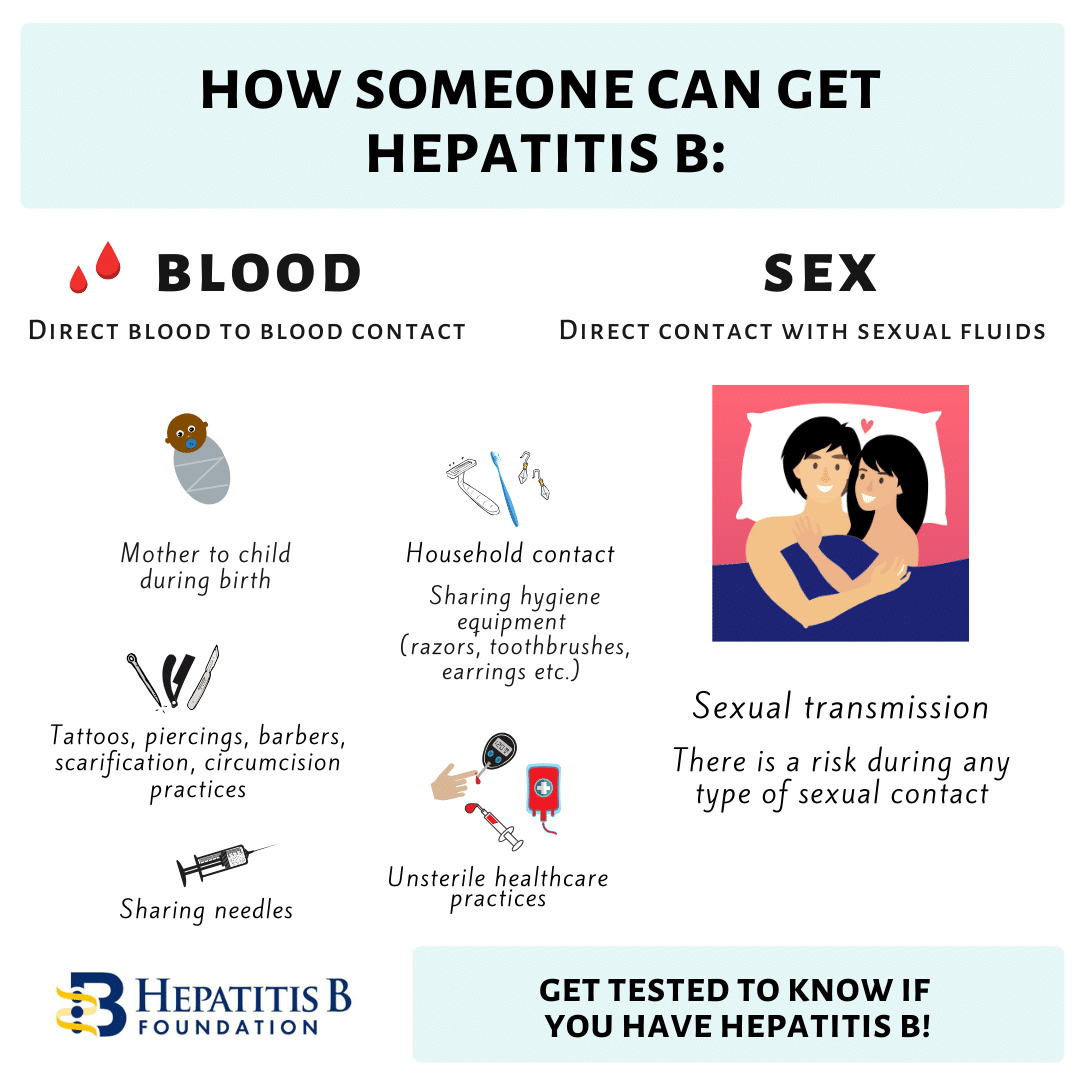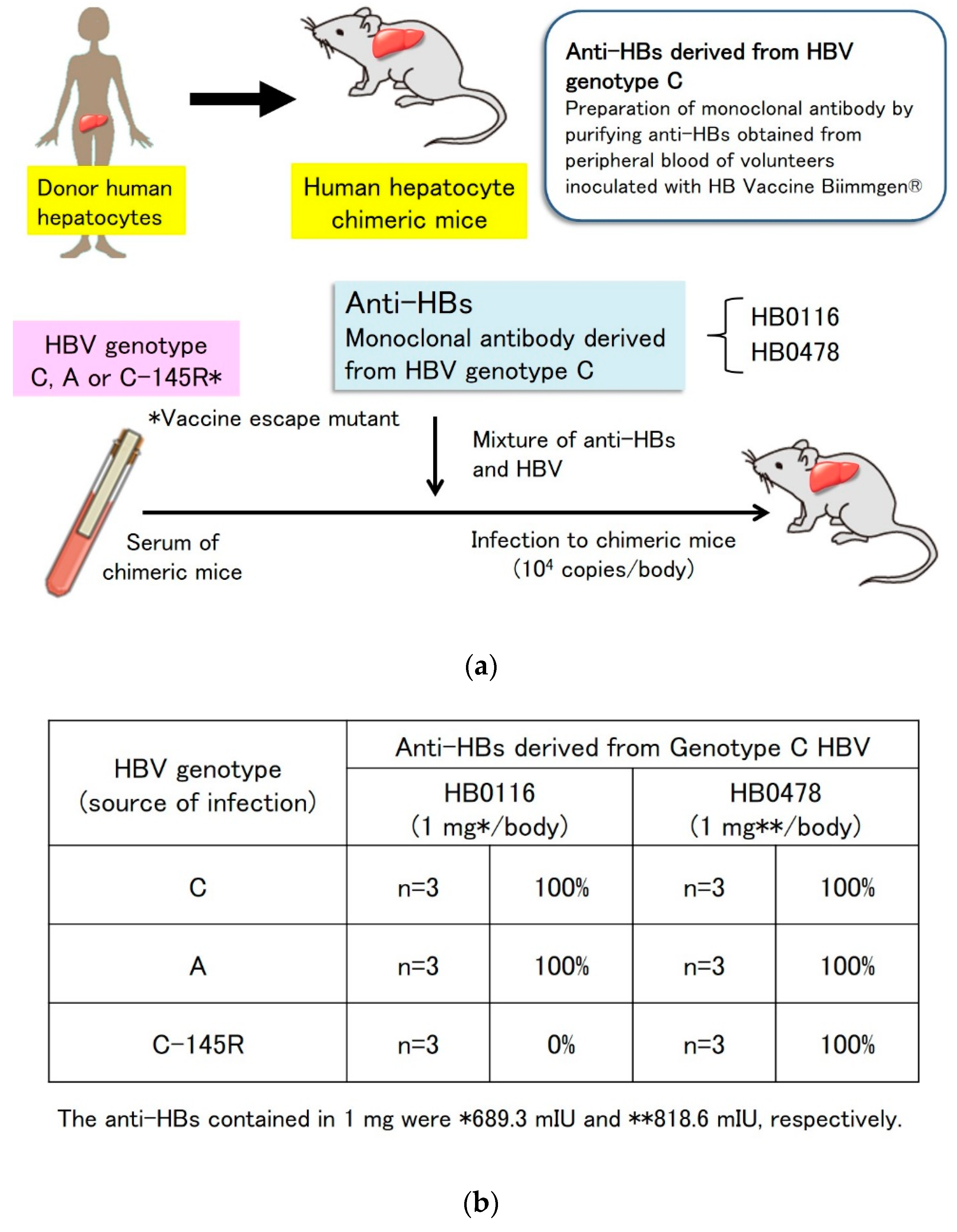How Often Do You Need A Hepatitis B Booster
An accelerated course of 0 1 and 2 months is possible - also for combined hepatitis A and B vaccines. Young adults ages 16 through 23 years preferred age range is 16 through 18 years who are healthy and not at increased risk for sero-group B meningococcal disease described above may receive either a 2-dose series of MenB-4C at least 1 month apart or a 2-dose series of MenB-FHbp at 0 and 6 months for short-term protection against most strains of serogroup B meningococcal disease.
Hepatitis B New Therapeutic Approach May Hel Eurekalert
People who start hepatitis B treatment may need to take medication indefinitely because these medications do not lead to a cure.

How often do you need a hepatitis b booster. There is some flexibility in the schedule but be sure to keep in mind the minimum intervals between doses. If the postvaccination testresult is less than 10 mIUmL the vaccine seriesshould be repeated and testing done 12 monthsafter the second series. Postvaccination testing should be done 12months after the last dose of hepatitis B vaccineIf adequate anti-HBs is present 10mIUmLnothing more needs to be done.
-Administer hepatitis B immune globulin if appropriate. At least four weeks between doses 1 and 2. However further investigations are needed before deciding if boosters can be omitted in special patient-groups.
Randomised clinical trials addressing anamnestic immune response to a booster dose of hepatitis B vaccine more than five years after the primary vaccination in apparently healthy participants vaccinated in a three-dose or four-dose schedule of the hepatitis B vaccine during the primary vaccination without receiving an additional dose or immunoglobulin. Those who do not develop immunity non-responders to an initial vaccine series should be offered a second series of vaccine. What can people with chronic hepatitis B do to take care of their liver.
When provided according to the recommended schedule HB-containing vaccine is 95 to 100 effective in preventing chronic infection for at least 30 years following immunization. Use recommended doses of above on a 0 1 and 6 month schedule OR a 0 1 2 and 12 month schedule. Have final Hepatitis B titer drawn 4-6 weeks after the last vaccine in the series.
Ince hepatitis B is chronic the vaccine is highly significant. Periodic testing orboosting is not needed. The following are the guidelines involving the people who should receive the hepatitis B vaccine.
However not every person with chronic hepatitis B needs medication and the drugs may cause side effects in some patients. If final titer is positive the requirement will be marked as Complete. More than 9 out of 10 will be protected after receiving a booster vaccine.
Monitor the persons levels of antibody to hepatitis B surface antigen every 612 months and give a booster dose when needed. See Serological testing after hepatitis B vaccination. Hepatitis B is a virus that attacks the liver.
The group concluded that there is no evidence to lend support to HAV booster vaccination after a full primary vaccination course in a healthy individual. Hepatitis B Vaccination Booster Dose After 18 Years Maintains Long-Term Protection. Primary vaccination against HBV at birth may not provide adequate lifelong antibody levels but a booster vaccine at age 18 years reinforces antibody levels for at least 4 more years.
To check for immunity hepatitis B antibody levels should be tested 1to 6 months after completion of the vaccine series. Babies born to mothers infected with hepatitis B need to be given a dose of the hepatitis B vaccine within 24 hours of their birth followed by further doses at 4 8 12 and 16 weeks of age plus a final dose when theyre 1 year old. Beginning the hepatitis B vaccine at birth will ensure protection against hepatitis B for life.
4 weeks after this booster you may wish to undergo a blood test to check that you are immune. Usual Adult Dose for Hepatitis B Prophylaxis. Booster doses of hepatitis B vaccine are recommended for people who are immunocompromised particularly people with HIV or renal failure.
Extra doses of the vaccine are often recommended after 6 to 12 months if you need long-term protection. This information should berecorded in the. -Start hepatitis B vaccine as soon as possible after exposure.
Adults who need protection very quickly eg within 48 hours. 1 additional vaccine is needed Receive as soon as possible after you receive notice that the repeat titer was negative. Babies within 7 days of being born and children aged 2 months 4 months and 6 months for free under the National Immunisation Program NIP people who live with or share living facilities with a person who has hepatitis B.
The standard course of immunisation involves three injections at 0 1 and 6 months. Infants born to HBV-infected mothers require hepatitis B vaccine and hepatitis B immune globulin HBIG within 12 hours of birth to protect them from infection. They should ideally be started at least 2 or 3 weeks before you leave although some can be given up to the day of your departure if necessary.
Routine administration schedule for hepatitis B vaccine in adults The dosing schedule is 0 1 to 2 months and 4 to 6 months. Hepatitis B immunisation is recommended for. The World Health Organization recommends all infants receive the first dose of the hepatitis B vaccine within 24 hours of birth often called the birth dose and to complete the vaccine series with additional shots at 1 month and 6 months of age.

Vaccines Free Full Text Cross Protection Of Hepatitis B Vaccination Among Different Genotypes Html
Hepatitis B Virus Hepatitis B Virus Infection Hbv Infection

About Hepatitis B Archives Page 3 Of 4 Hepatitis B Foundation
Posting Komentar untuk "How Often Do You Need A Hepatitis B Booster"